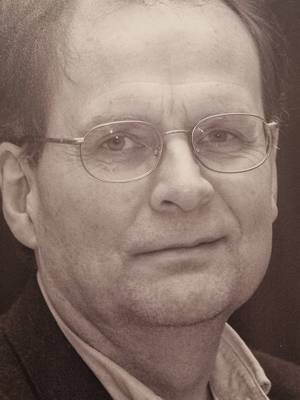This dissertation improves our understanding of the origins and dynamics of intrastate conflict by exploring the role (if any) played by religion. Specifically, under what circumstances and exactly how does religion matter for intrastate conflict? Despite the popular assumption that religion is critical for understanding contemporary conflicts, but research on the religion-conflict nexus is theoretically and empirically underdeveloped, and the empirical findings inconsistent. To bridge this divide, this dissertation develops an improved conceptualization and theoretical framework for understanding how, when, and why religion matters for conflict. The dissertation presents new data on religious dimensions of conflict and religious repression, and studies the religion–conflict nexus through different methodological lenses, integrating lessons from carefully selected cases into rigorous tests. The main findings to be drawn are that (1) religious diversity does not in itself translate into intrastate conflict, but repressive contexts can make religion an organizing principle and motive for rebellion which can escalate to civil war, and (2) religious conflicts or conflicts involving Islam are not more violent than other conflicts in terms of battle deaths. However, intrastate conflicts involving a religious dimension, and involving Muslim conflict parties in particular, seem to constitute a growing share of contemporary conflicts. The research conducted in this dissertation is therefore important for generating policies to deal with this challenge.
Dissertation Advisers: Ola Listhaug (NTNU/CSCW) and Scott Gates (CSCW/PRIO)
Submitted 31 October 2009. Defended 19 March 2010








